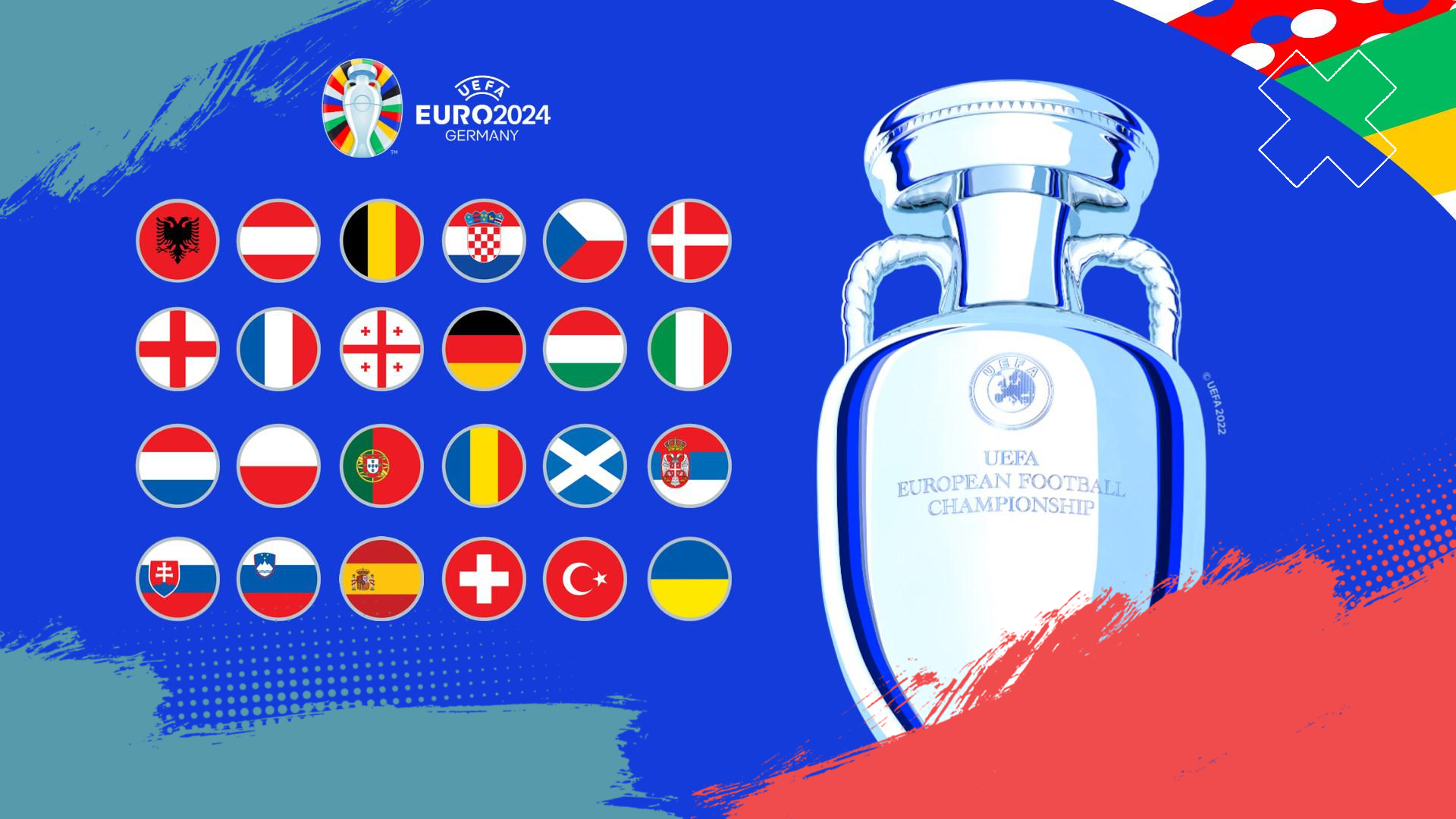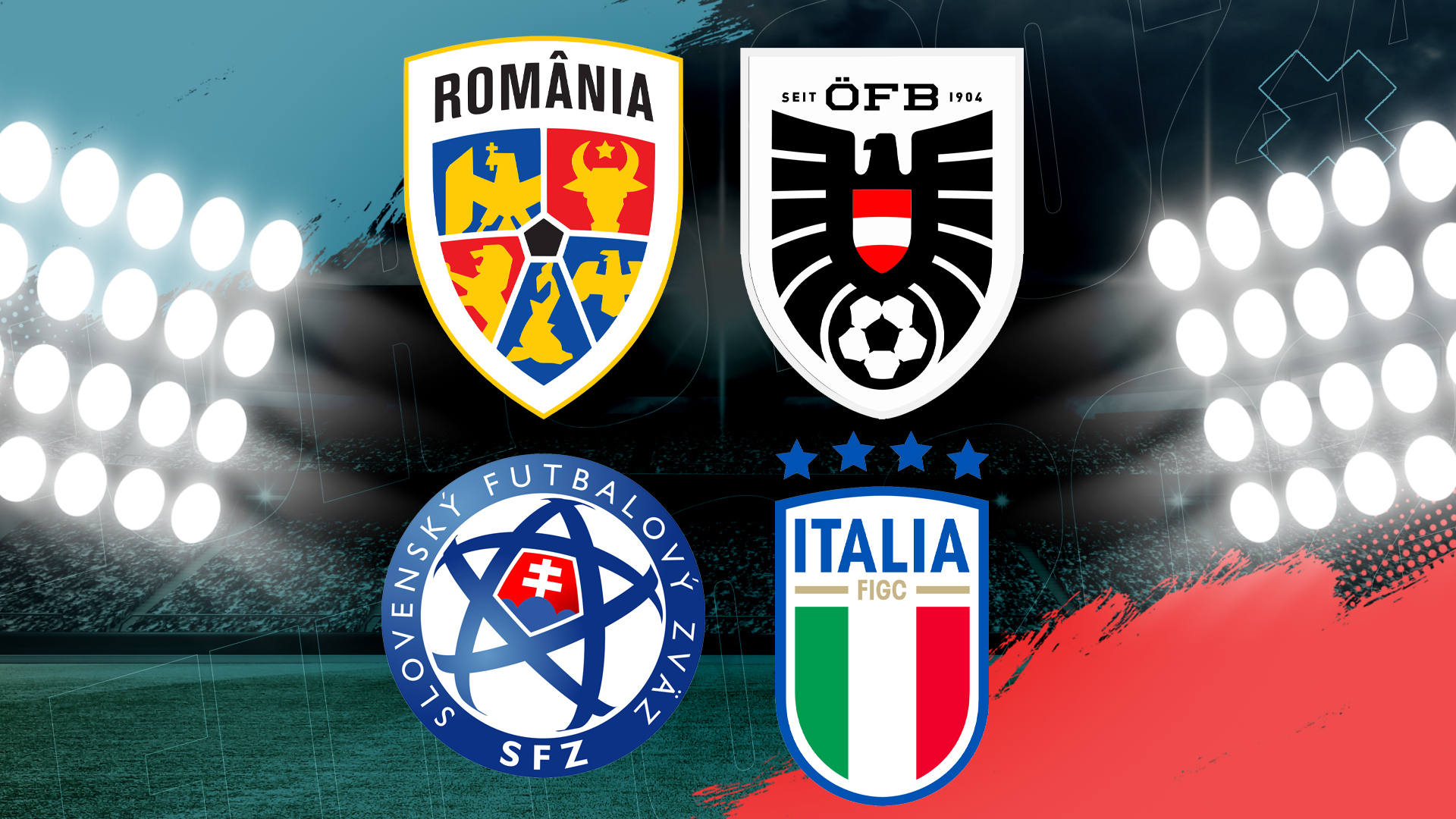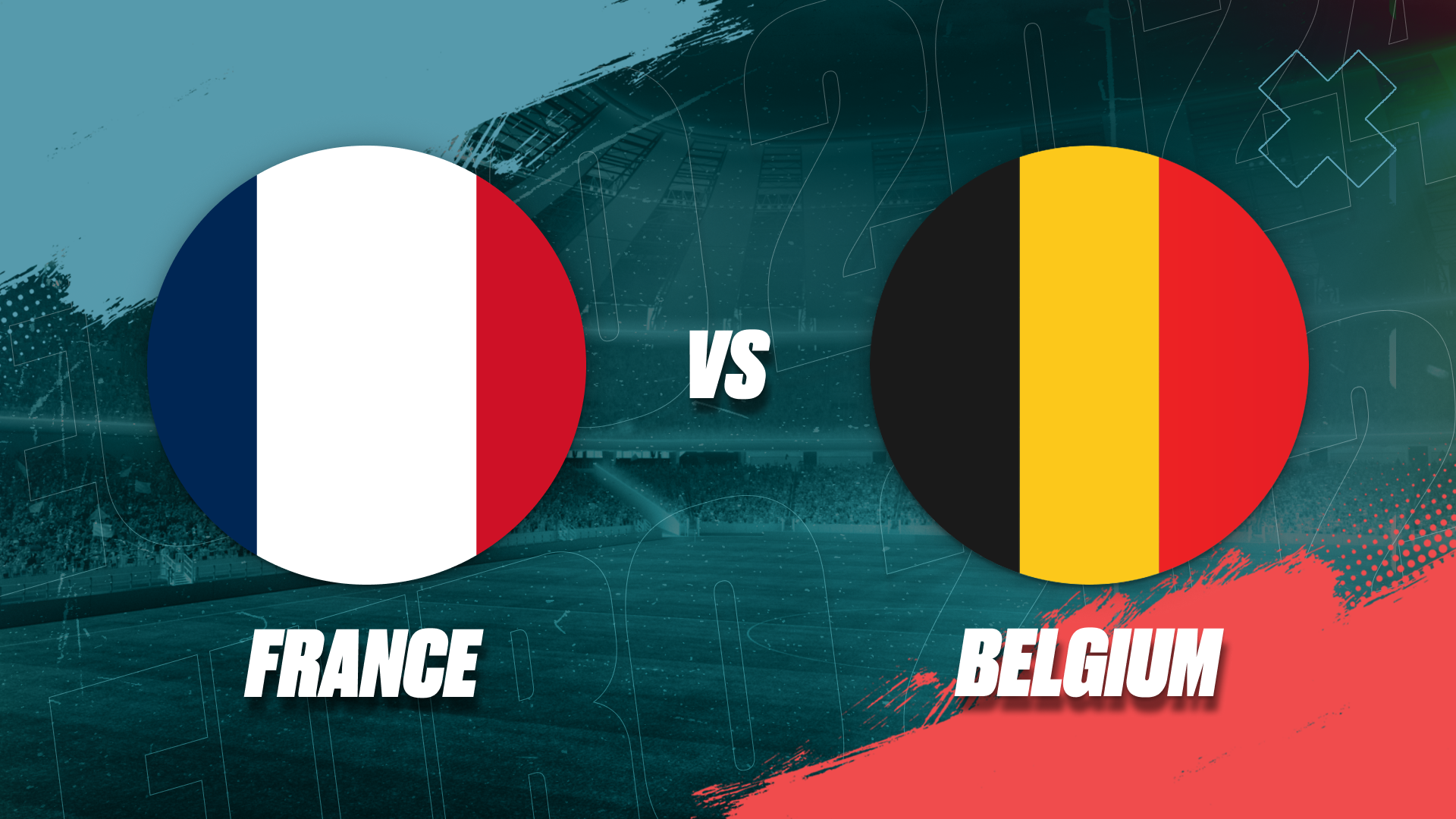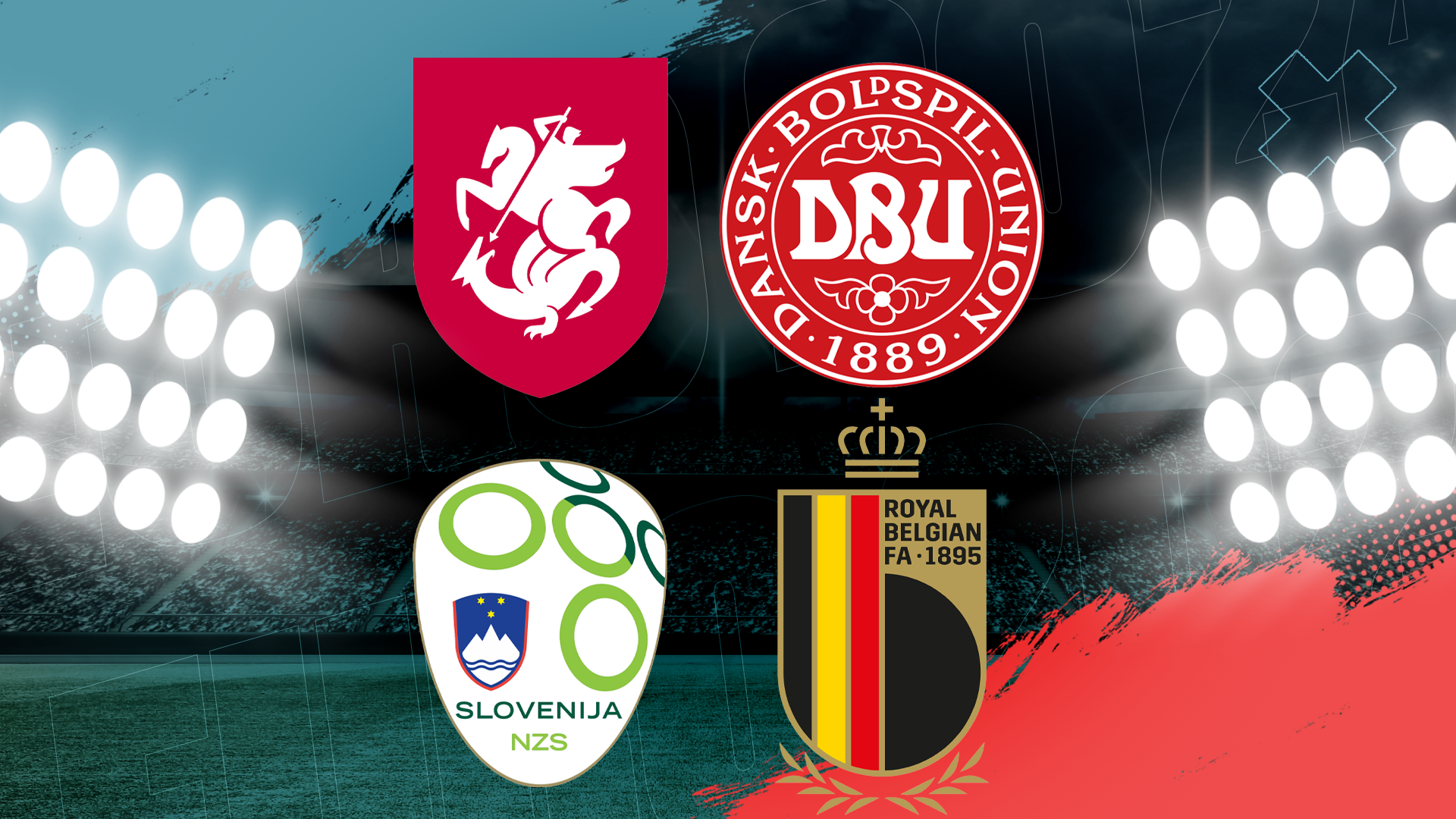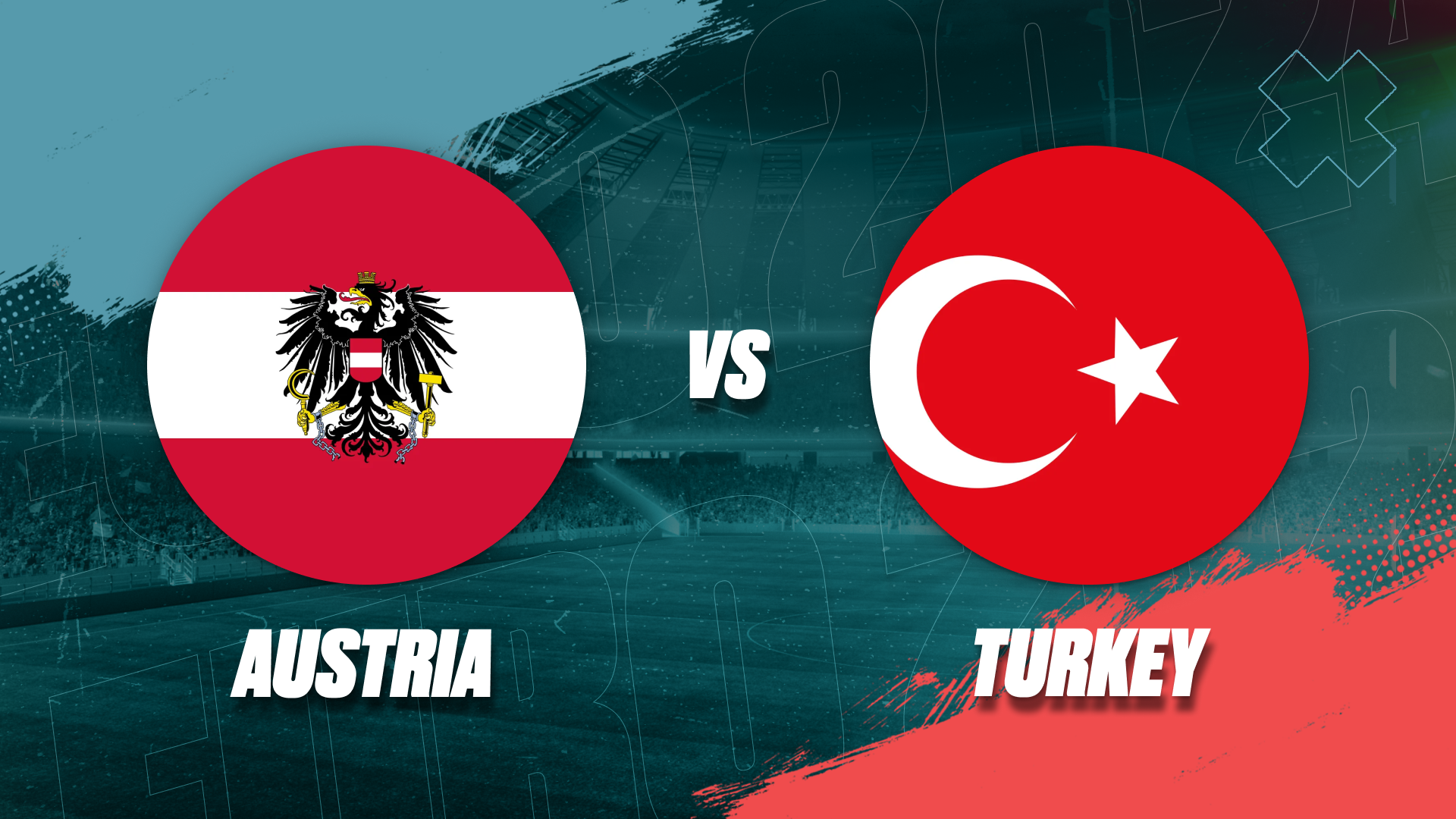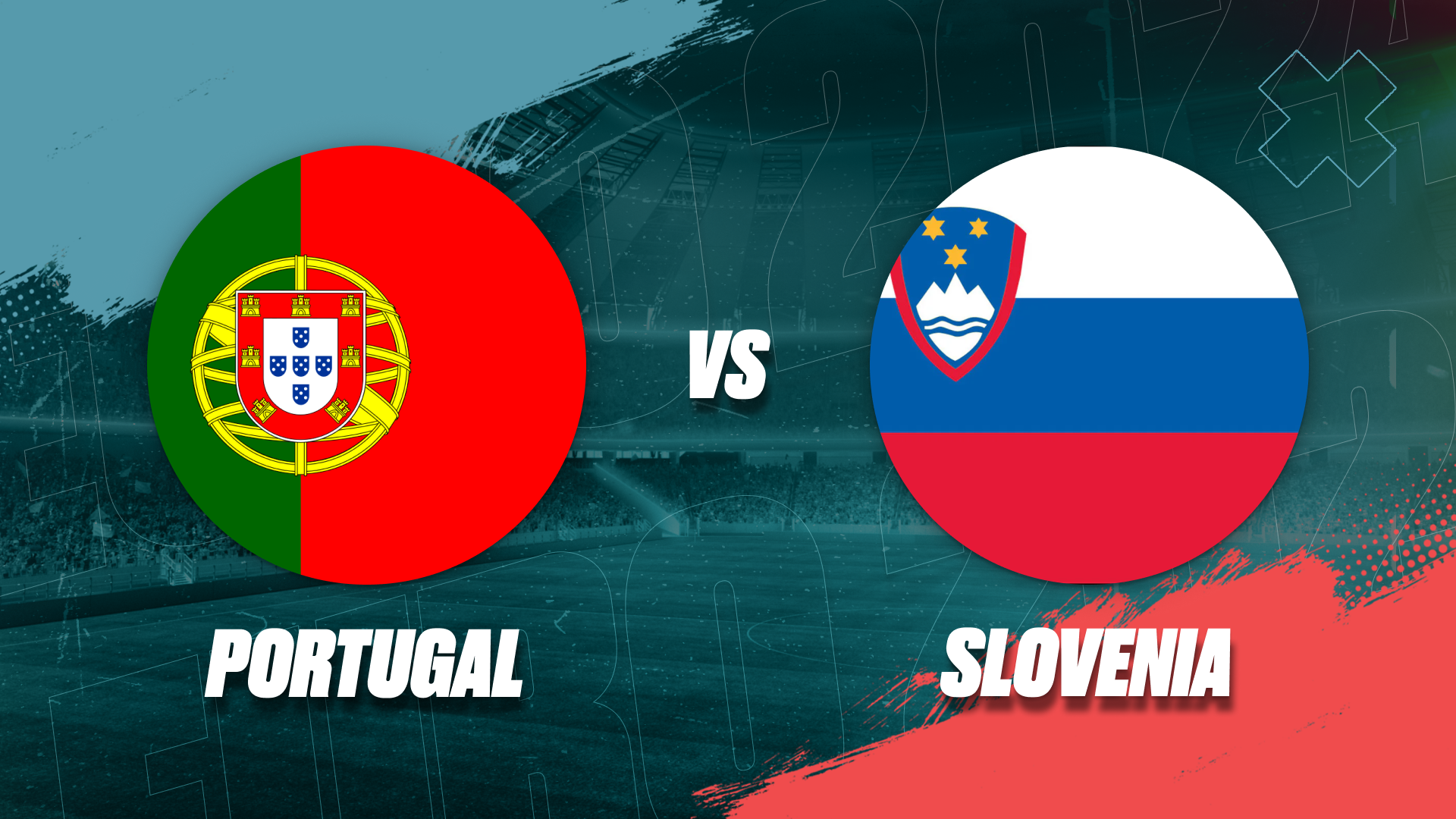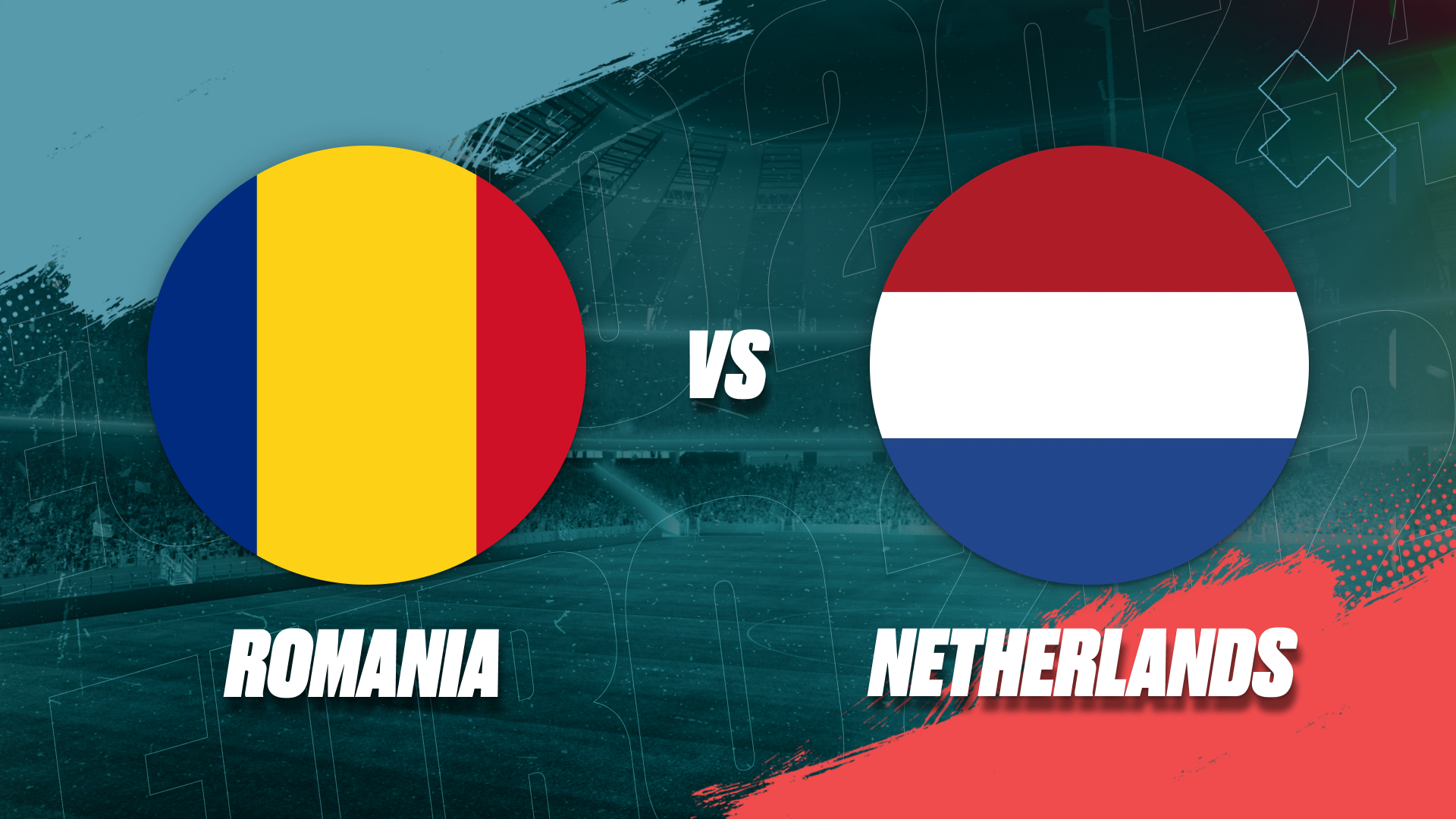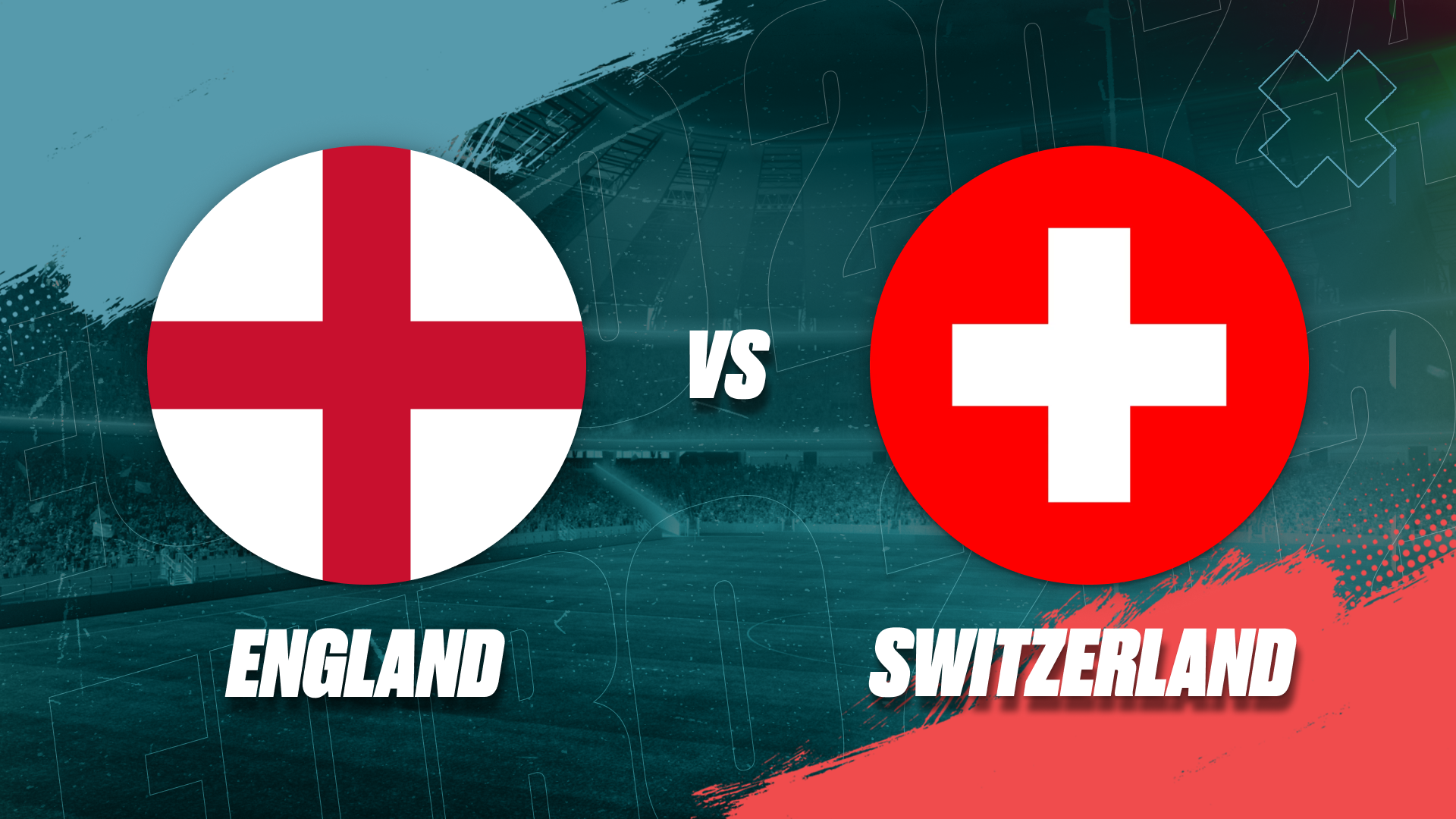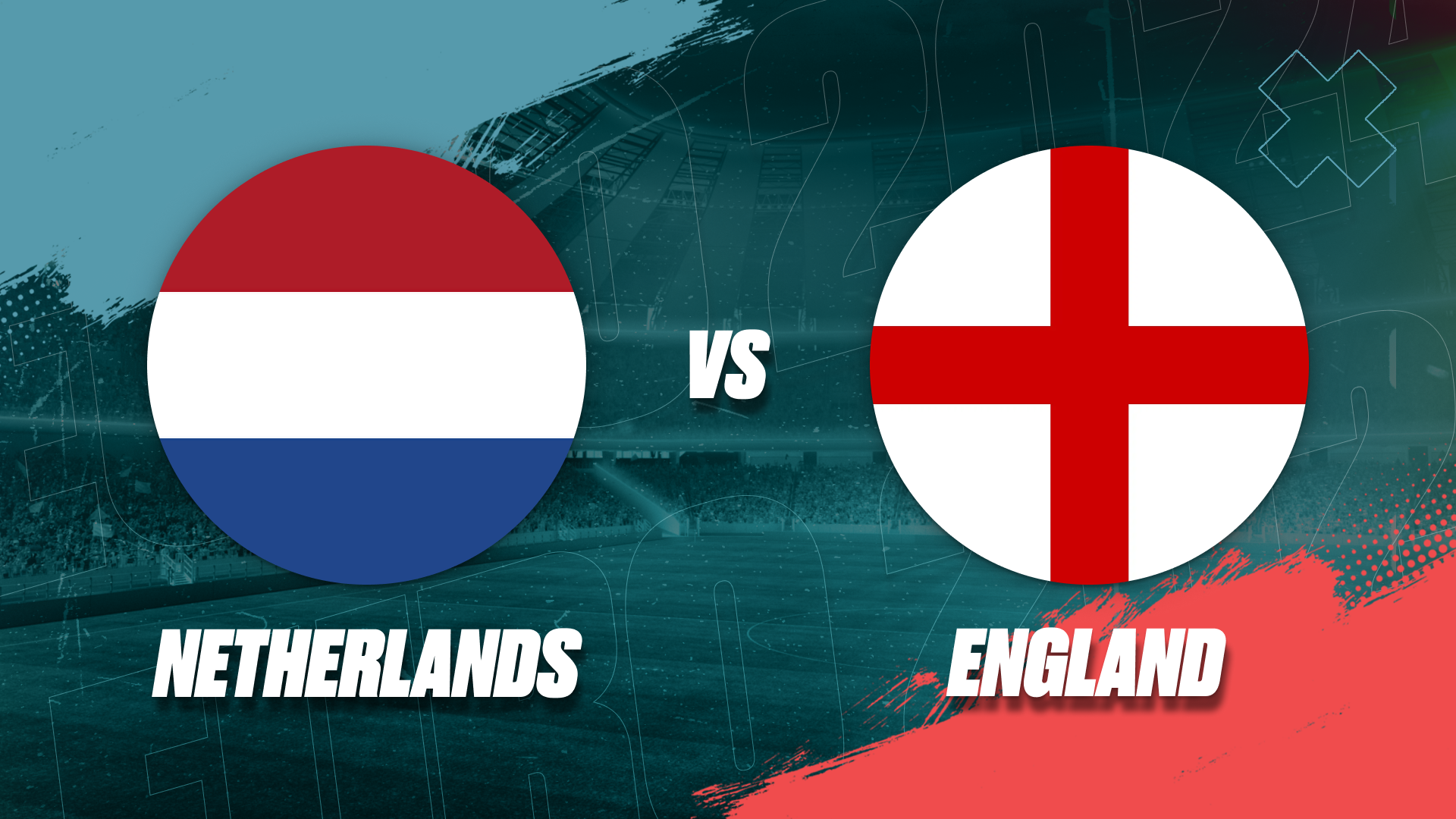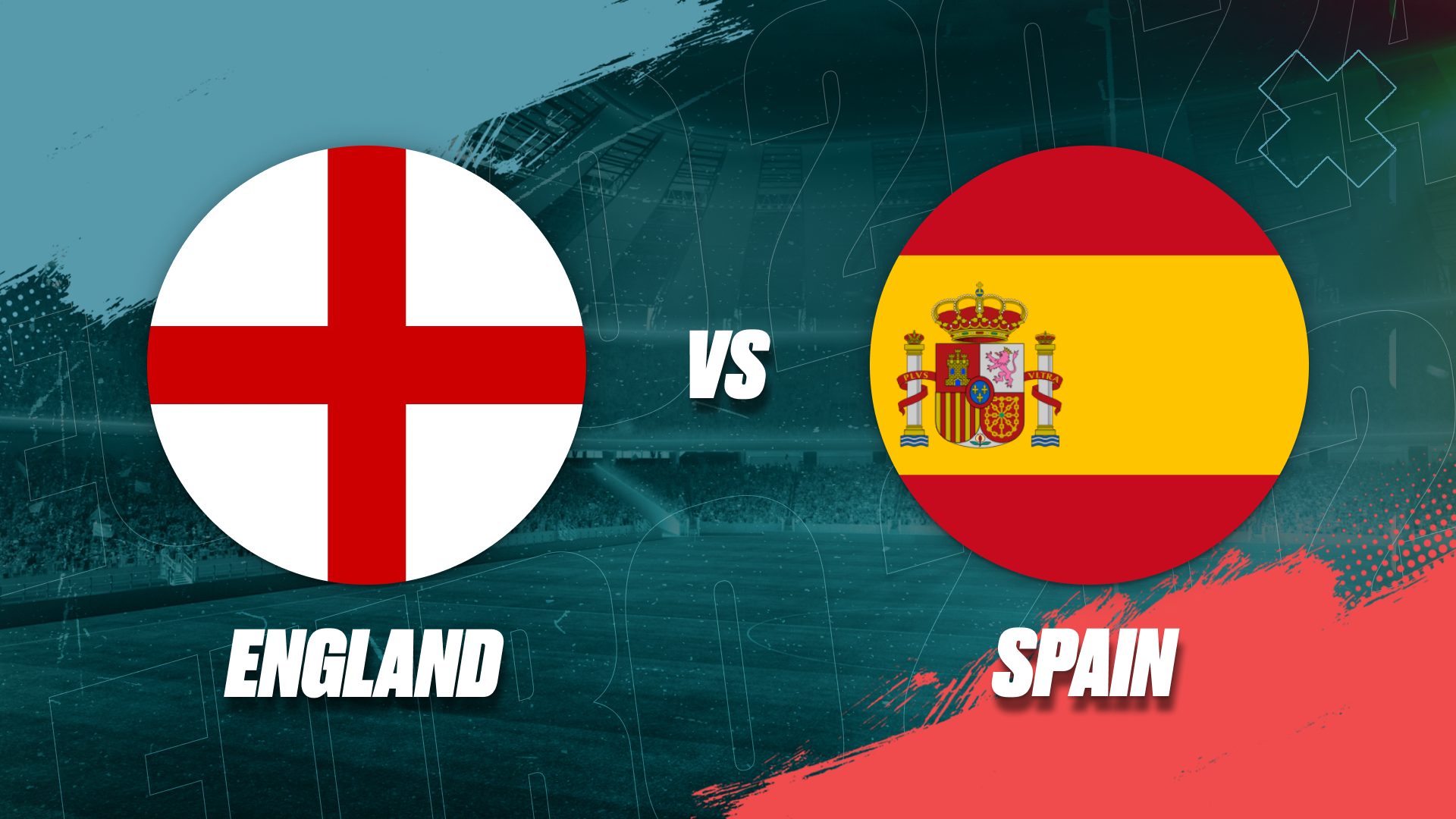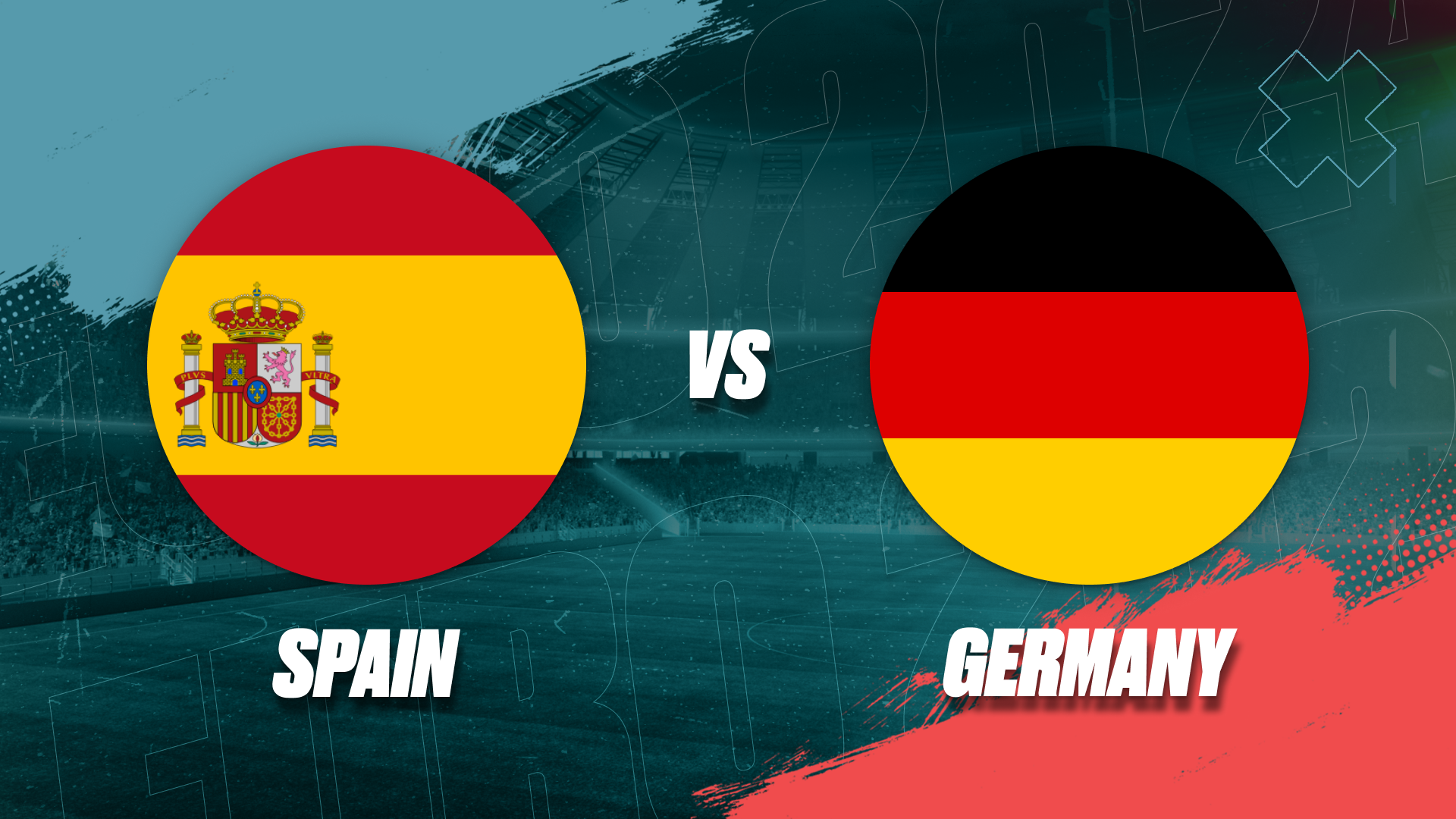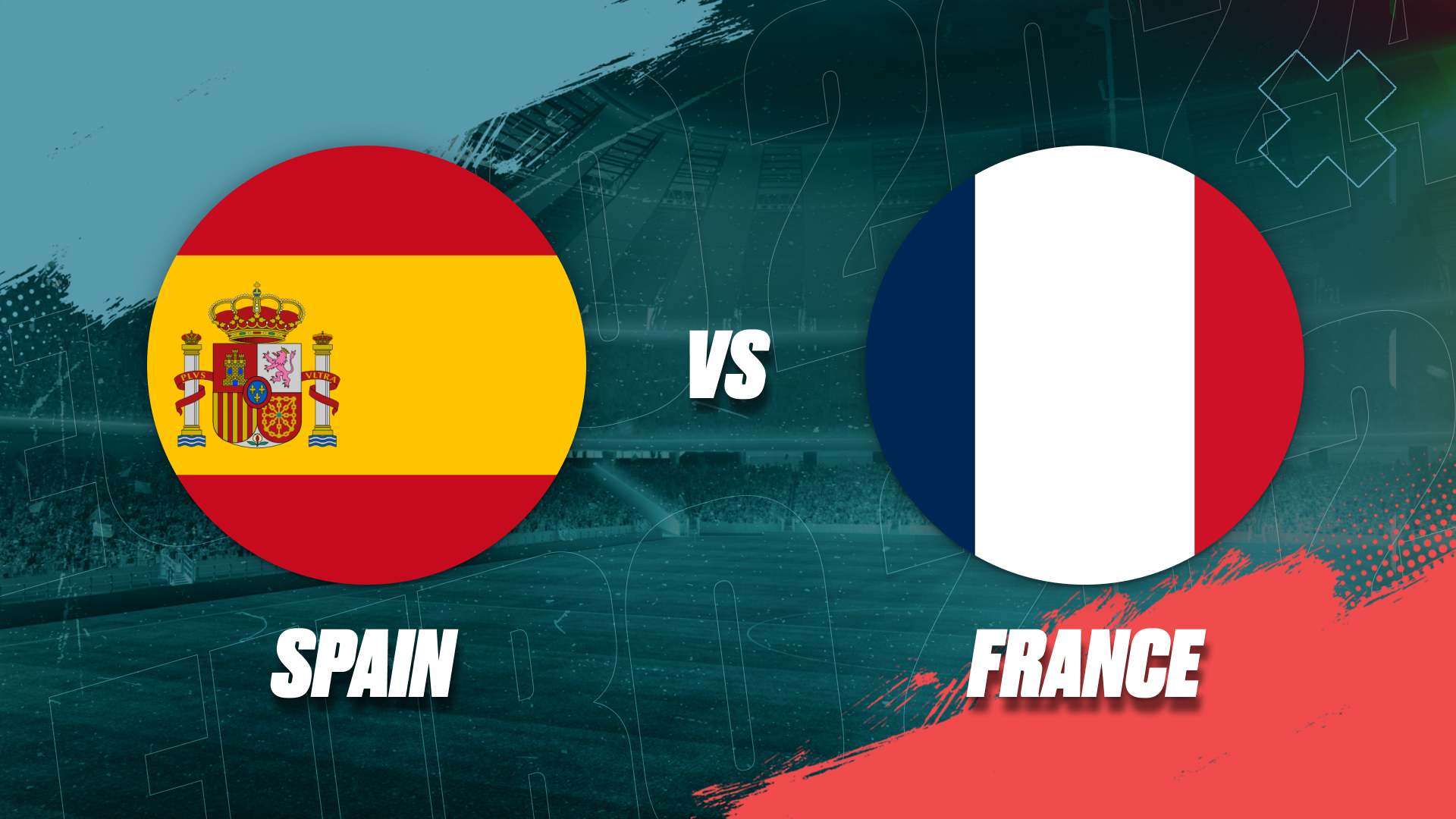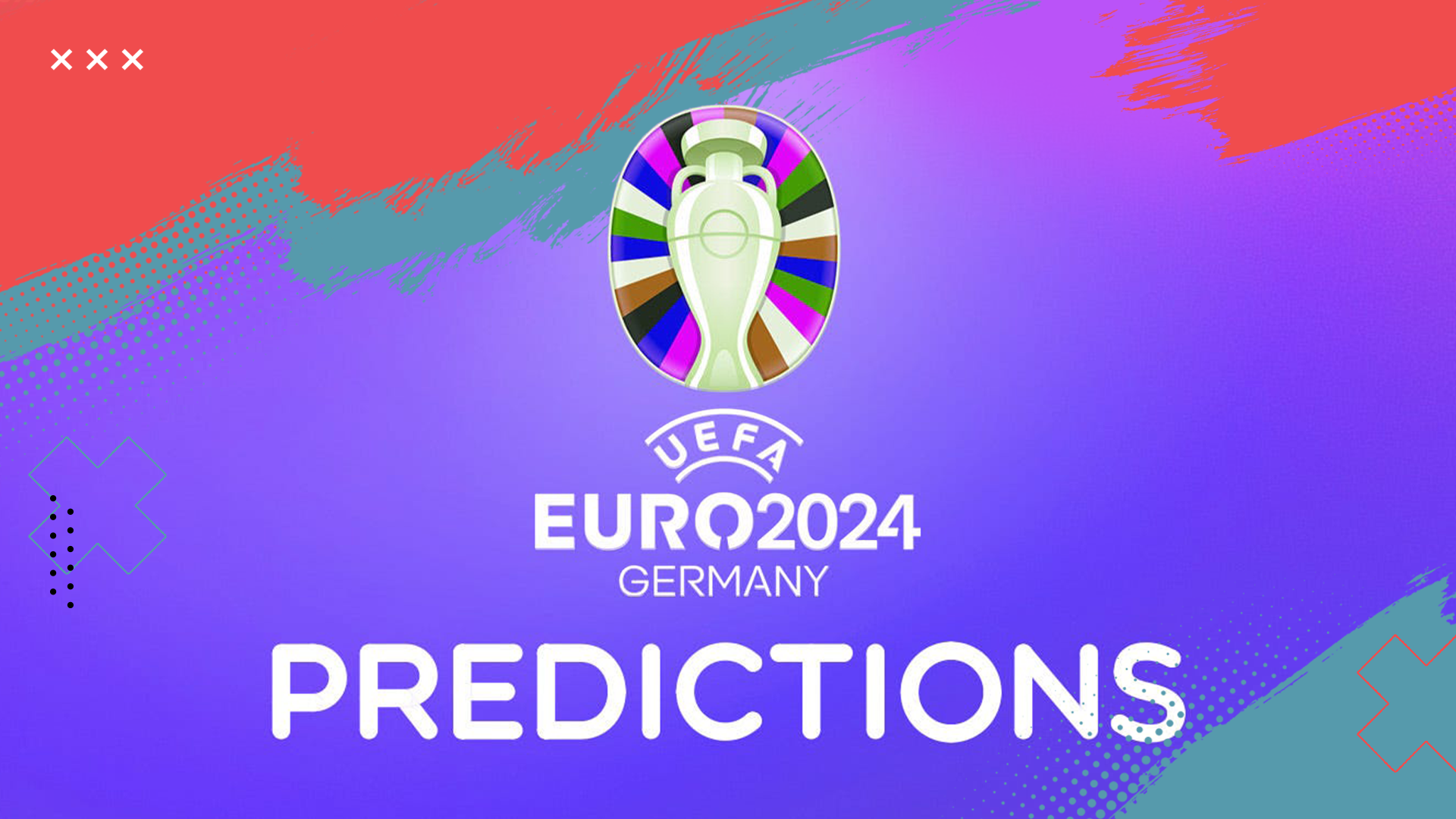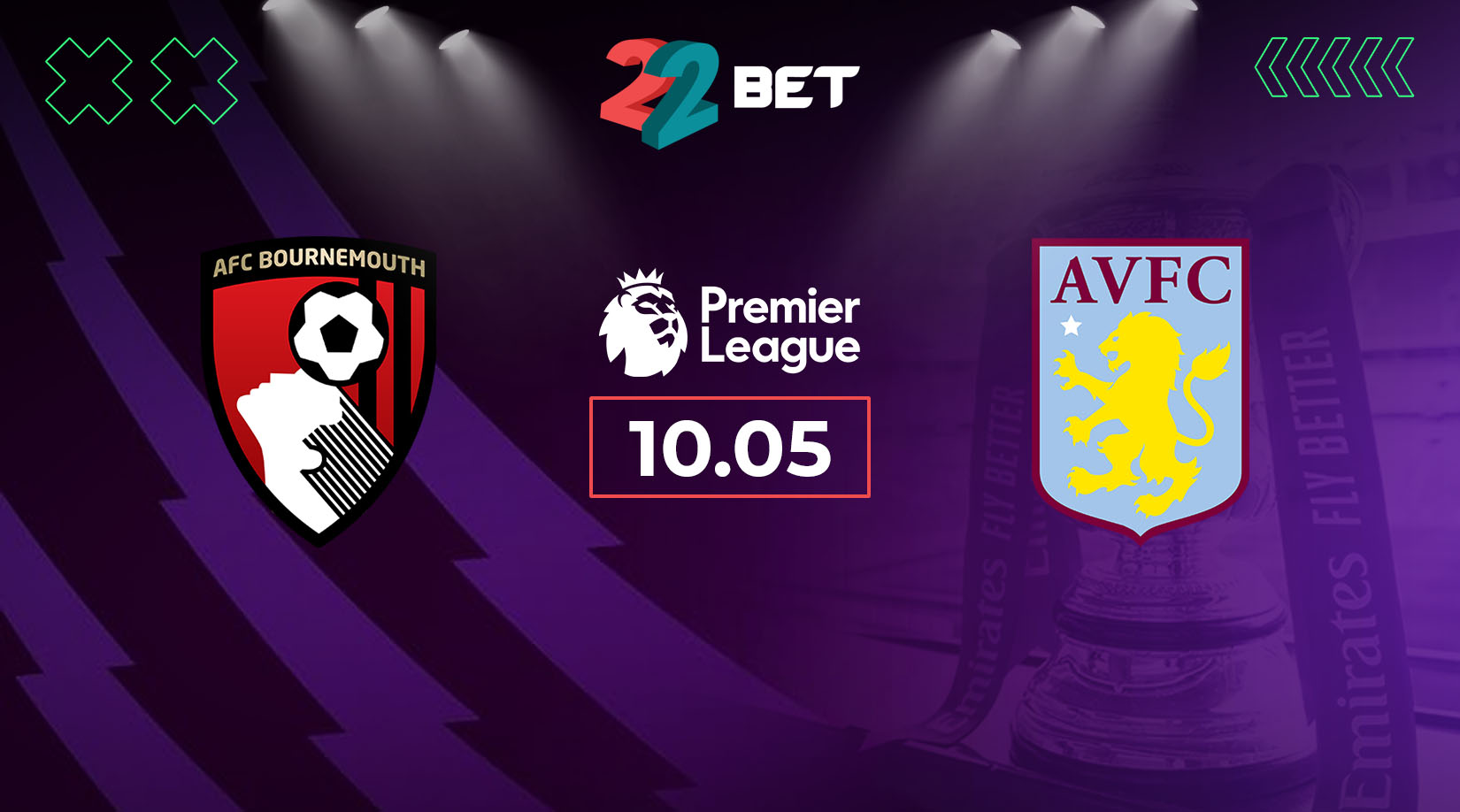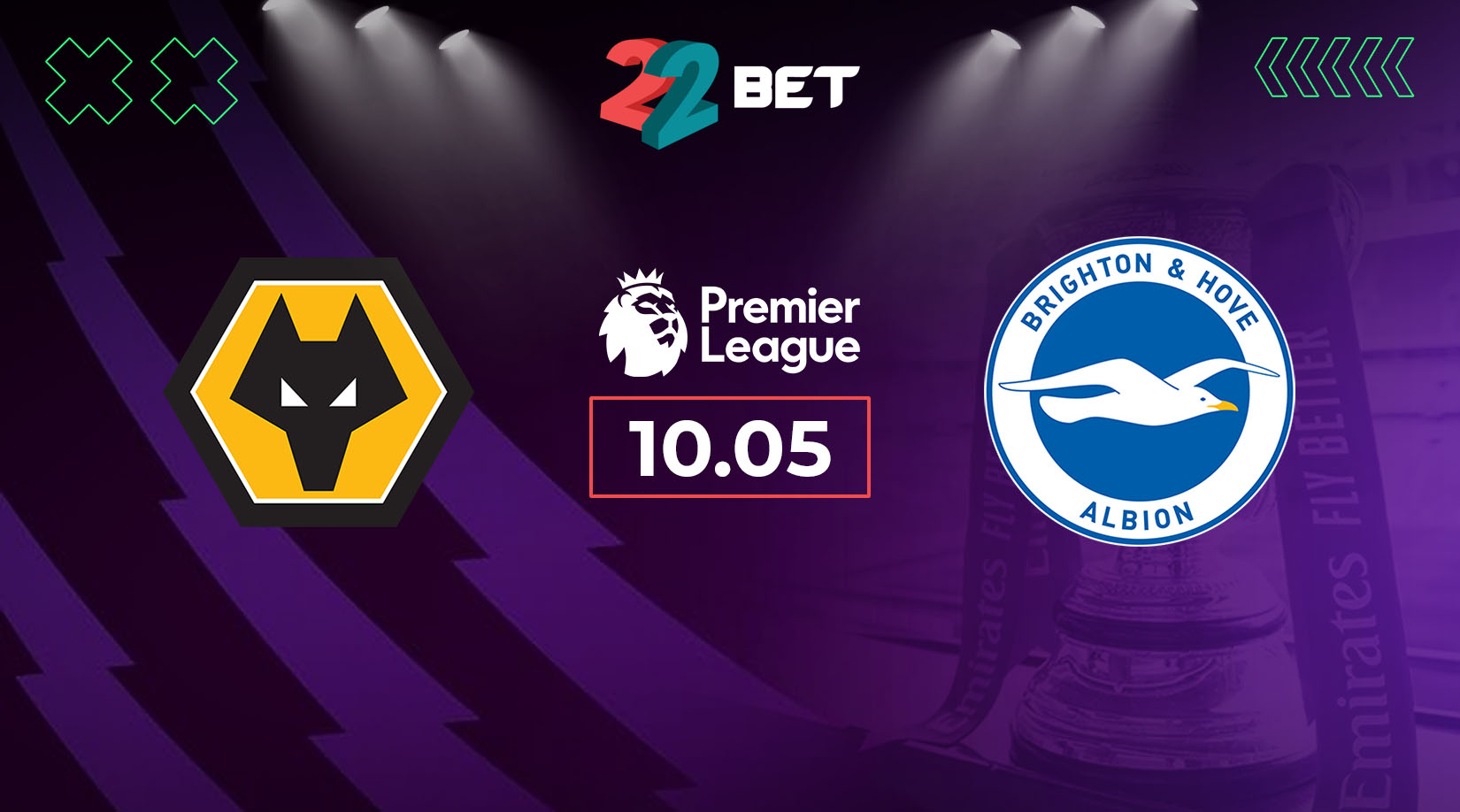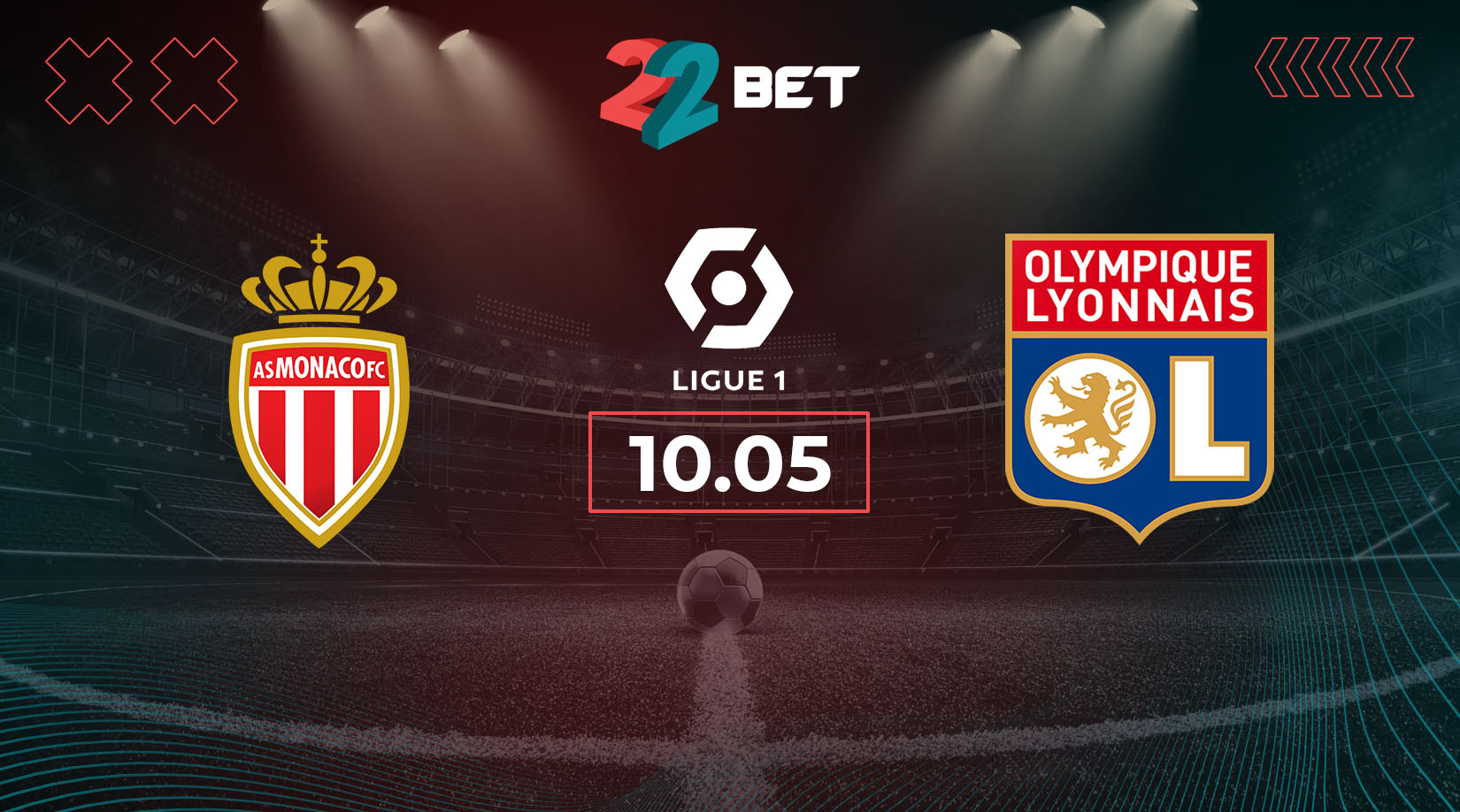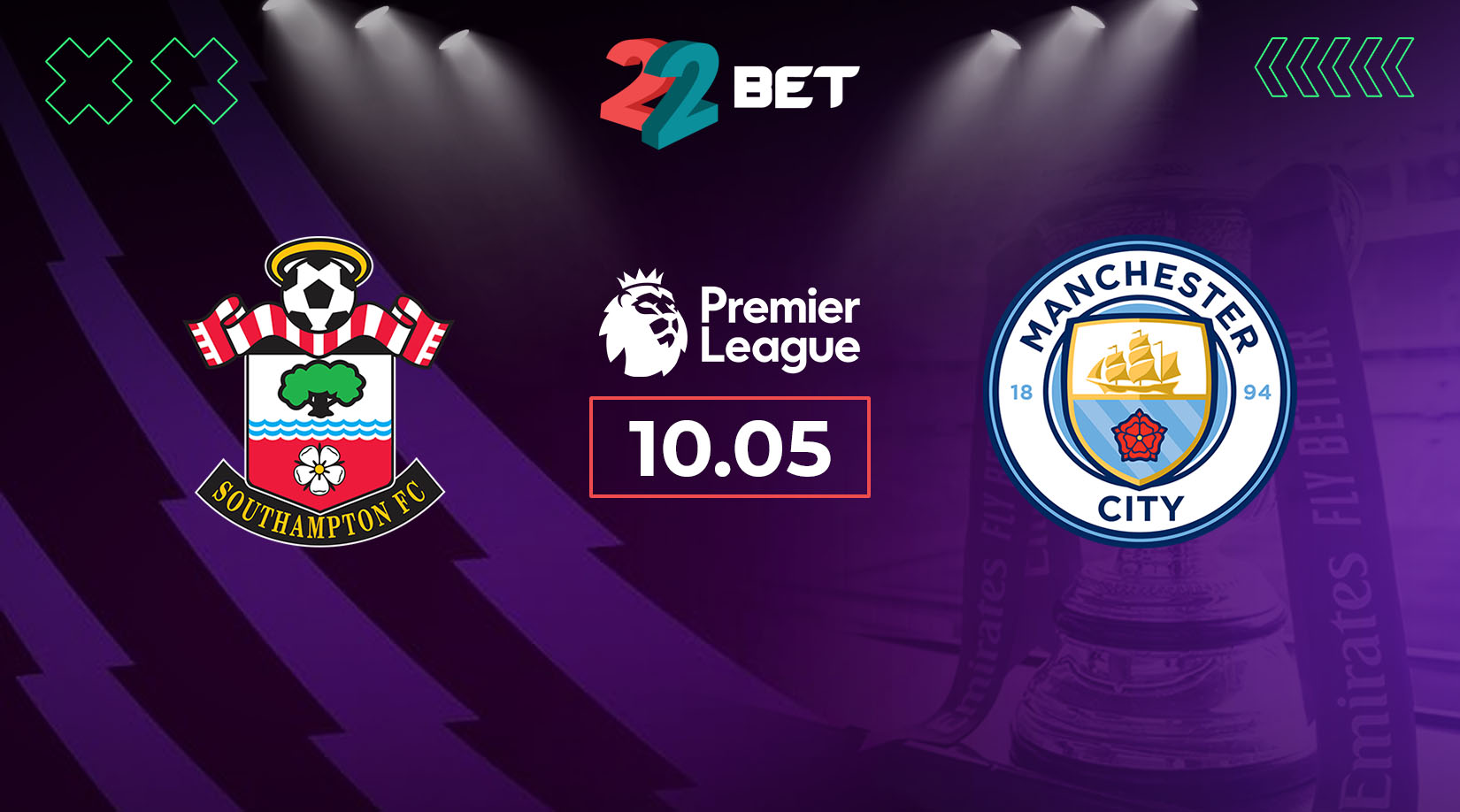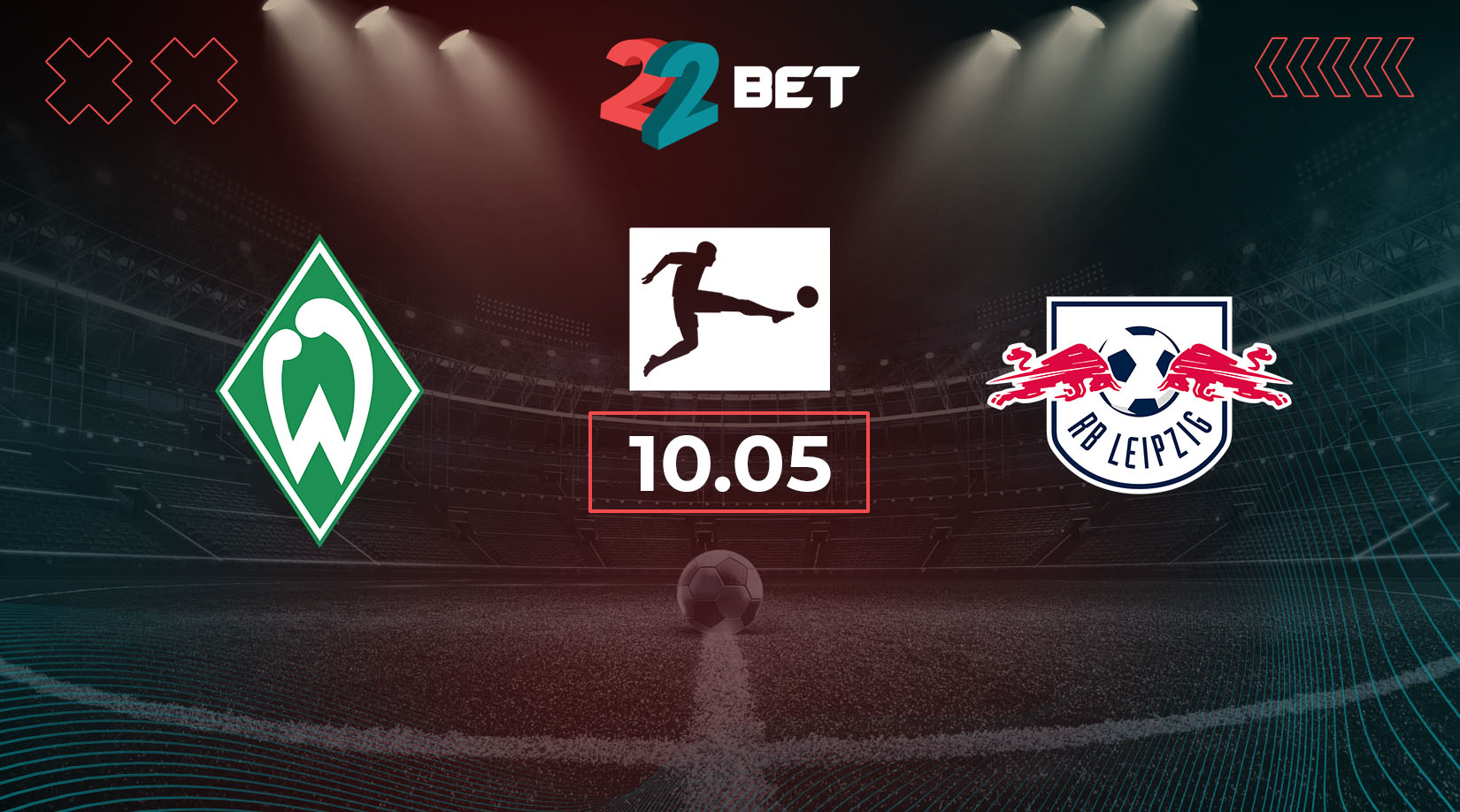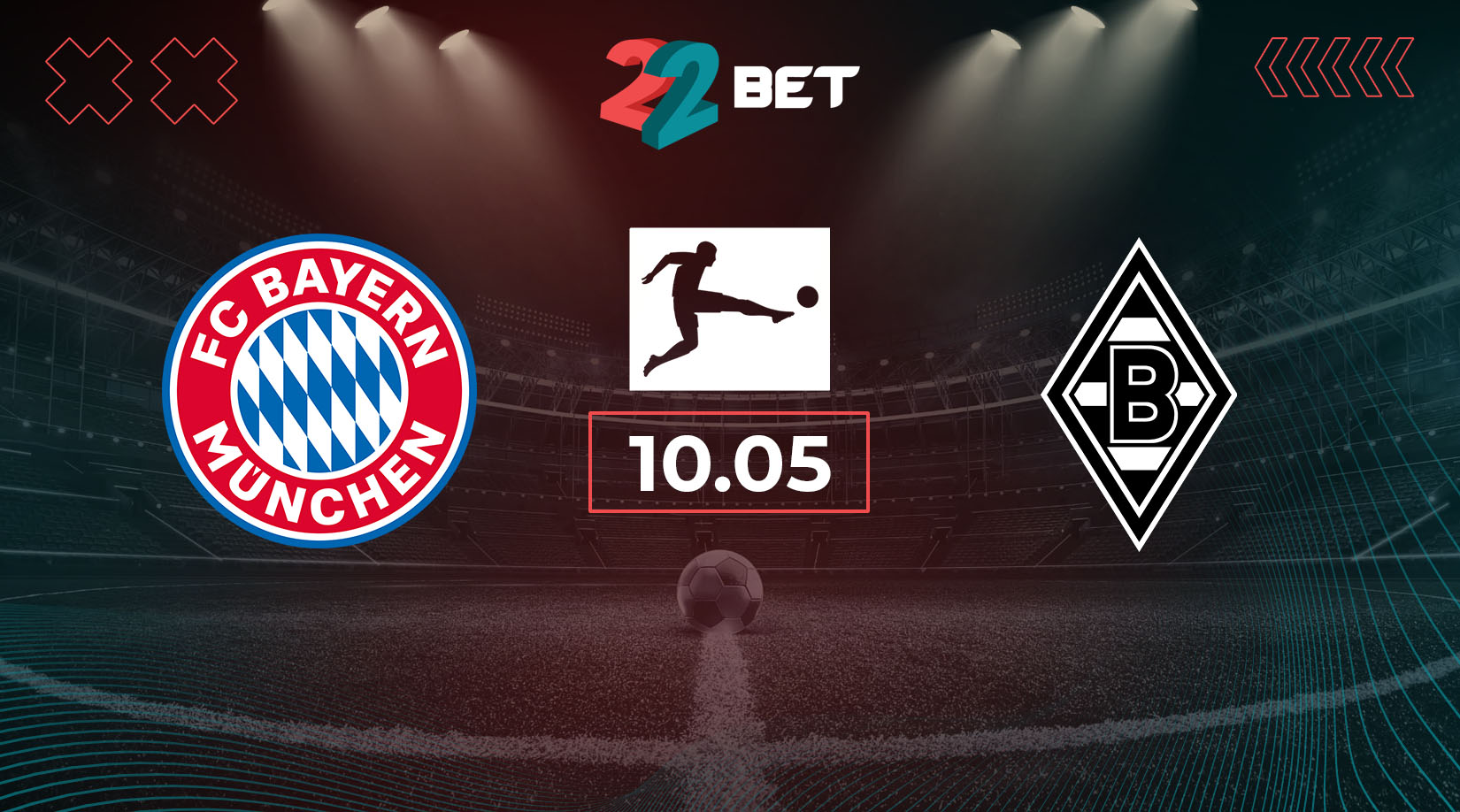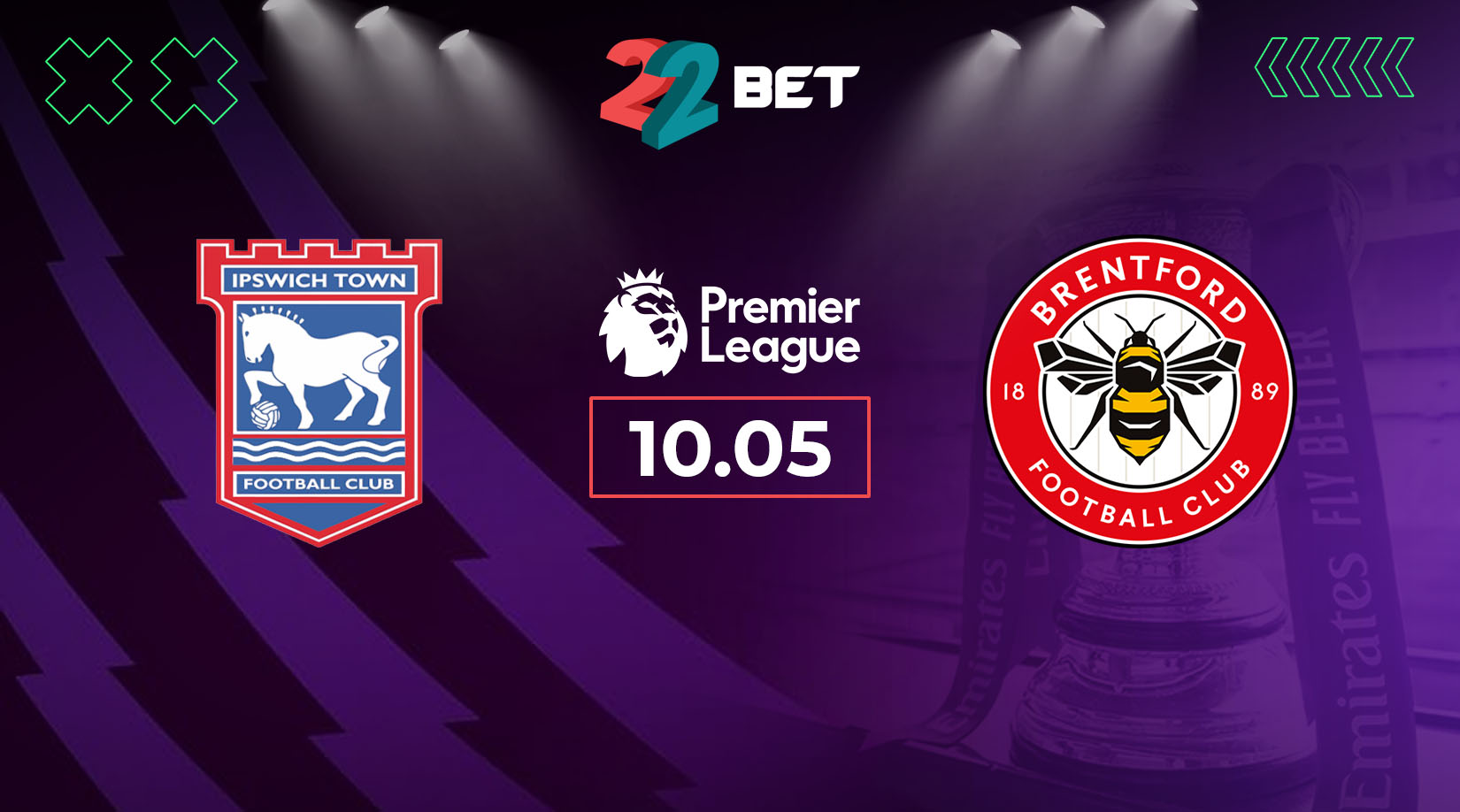One of the big changes to the EURO format in recent years has been the expansion to include eight additional spots in the group stages, a move that has stirred controversy across the continent.
While many fans support this change, which was introduced in 2016, the question remains: Does having more teams necessarily improve the competition? This opinion piece will delve into this complex issue.
The Charm of the Sixteen-Team Format
The extension to twenty-four teams adds excitement to the tournament by allowing the rise of multiple new teams.
With just sixteen teams, major European nations like France, England, Germany, Spain, Italy, and the Netherlands dominated the tournament, leading to a predictable and swift competition. For comparison, the Copa America still uses this sixteen-team format.
🇪🇸🆚🇩🇪 Fernando Torres ⚽️#EURO2024 pic.twitter.com/qjrtks6Umr
— UEFA EURO 2024 (@EURO2024) July 5, 2024
Having fewer teams made organization easier, requiring fewer stadiums and logistical arrangements. But at the same time, it also meant that the knock-out phase directly started with the quarterfinals, skipping the round of 16.
Expanding to twenty-four teams has lengthened the tournament, introducing more thrilling knockout stages and giving smaller nations a chance to shine.
Expansion Issues: Quality vs. Quantity
While the expansion has introduced new faces to the tournament, such as Georgia making their debut and Slovenia returning after many decades, it also comes with its downsides.
One significant issue is the disparity in quality. There’s no denying that the skill gap between the top sixteen and the additional eight teams is noticeable.
Late Malen double seals Dutch win 🇳🇱👏#EURO2024 | #ROUNED pic.twitter.com/nt1aSV5JRE
— UEFA EURO 2024 (@EURO2024) July 2, 2024
Although this tournament has been generally exciting, it has seen its fair share of lackluster matches. Group C is a prime example, featuring England, Serbia, Slovenia and Denmark.
Fans witnessed a series of draws, with the exception of England and Serbia. The games, especially those involving the other teams, lacked excitement and were often criticized as being the most boring of the tournament.
The criticism is more than understandable, but it’s important to recognize that the potential for dull matches doesn’t necessarily stem from the expanded format itself. Ultimately, it’s up to the teams to elevate their play and ensure the competition remains engaging.
Promotion Alert: As you gear up for the Quarter-Finals, don’t miss out on 22Bet’s UEFA Euro Cup 2024 promotion! Bet on Euro 2024 matches for a chance to win a share of the massive €150,000 prize pool. Join the promotion here.
The Upside of Having More Teams
More teams can mean more exciting football. Teams like Georgia and Ukraine, which might not have qualified without the playoffs, have brought unique playing styles and philosophies to the forefront. This variety has led to more intriguing matchups and a richer tapestry of footballing strategies.
Even third-placed teams have managed to produce thrilling games, despite lacking individual star power. This proves that the expanded format contributes to the tournament’s overall excitement.
🥵🥵@Alipay | #EUROSkills pic.twitter.com/O6nd0duwdE
— UEFA EURO 2024 (@EURO2024) July 3, 2024
On the other hand, the inclusion of twenty-four teams also introduces complexities that can confuse casual fans. In the previous sixteen-team format, understanding who advanced was straightforward: the top two teams from each group moved on, and the rest were eliminated.
With twenty-four teams, the situation becomes murkier. Some third teams qualify based on various factors such as points, goal difference, and UEFA rankings. This means that not all third-placed teams advance, and their fate depends on the performance of other third-placed teams. I have no doubts that the die-hard fans love it, but it complicates the qualification process for casual viewers.
Teams who will finish third with 3 pts and GD of +1, 0 or -1 should feel pretty confident about their chances.
With -2 there’s more risk, and with -3 it’s not too far from a coin-toss.
Interesting to note that 2 points and -1 GD still gives pretty decent 33%.#euro2024 pic.twitter.com/VVEDrD9kuh
— Football Meets Data (@fmeetsdata) June 22, 2024
For example, teams in a group with Belgium, Slovakia, Ukraine and Romania advanced with four points, while others required fewer points. It also means that some teams advanced despite not having won a single encounter, as was the case with Slovenia.
This inconsistency can be frustrating and seems to reward less entertaining football. Nonetheless, it undeniably makes the tournament more interesting by giving smaller sides a chance to dream and compete.
This was particularly evident in Group B, where Croatia failed to qualify, proving the expanded format can create unexpected drama and intrigue. While the ‘Group of Death’ becomes more captivating with the potential for third-place qualification, it can feel like a waste of time in less competitive groups.
FOUR fantastic goals! Tap below to vote for your favourite? 👇
🏴 Jude Bellingham vs Slovakia
🇪🇸 Nico Williams vs Georgia
🇨🇭 Ruben Vargas vs Italy
🇪🇸 Fabián Ruiz vs Georgia@AlipayPlus | #EUROGOTT— UEFA EURO 2024 (@EURO2024) July 3, 2024
The debate here isn’t just about the precise number of teams, but about the rationale behind the expansion.
The Future of EURO: More Teams or Fewer?
Is this version of the tournament better or worse? I don’t know; it depends on what you’re looking for. If it’s quality, probably not. However, in terms of emotional investment and excitement, seeing new sides and countries harboring hope adds a compelling dimension that the previous format didn’t offer.
Many memorable moments from this tournament wouldn’t have occurred without the expansion. The question now is whether the tournament should expand to a more traditional number, such as 32, which could create a more logical progression with additional groups. Whether that is the smartest move is another question.
Quarter-finalists confirmed ✅
🤔 Who are you backing to go all the way?#EURO2024 pic.twitter.com/SHwKaqpd01
— UEFA EURO 2024 (@EURO2024) July 2, 2024
Many fans, and rightly so, believe that including so many teams dilutes the tournament’s competitive essence, especially in the knock-out phase.
There are worries, which I share, that the expansion was driven more by business interests (more games mean more revenue) rather than enhancing the sport. Only time will tell if this is true, but one thing is certain: the format is here to stay, so it’s best to adapt and enjoy the new structure.


